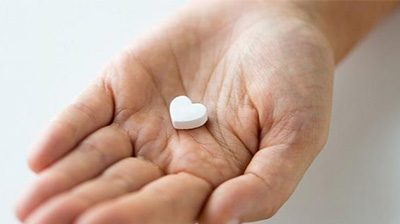
6. Drug Update

Effect of SGLT2 inhibitor Dapagliflozin in Patients with Heart Failure and Reduced Ejection Fraction
SGLT2 inhibitors possess a unique mechanism of lowering glucose independent of the insulin pathway thereby establishing their role in the treatment of diabetes. Especially in patients with type 2 diabetes who are not willing or not ready to start insulin, SGLT2 inhibitors may be another option in those patients requiring additional glucose lowering and in those with acceptable risk factor profiles.
In a multicentered, randomized placebo controlled trial on the efficacy check of dapagliflozin, 4744 patients with heart failure and an ejection fraction of 40% or less were assigned to receive either dapagliflozin at a dose of 10 mg o nce daily or placebo, in addition to standard heart failure therapy. The primary outcome was a composite of worsening heart failure or cardiovascular deaths. Over a period of 18.2 month median follow-up, the primary outcome occurred in 386 of 2373 patients (16.3%) in the dapagliflozin group and in 502 of 2371 patients (21.2%) in the placebo group. A first worsening heart failure event occurred in 237 patients (10.0%) in the dapagliflozin group and in 326 patients (13.7%) in the placebo group. Death from cardiovascular causes occurred in 227 patients (9.6%) in the dapagliflozin group and in 273 patients (11.5%) in the placebo group. Findings in patients with diabetes were similar to those in patients without diabetes. The safety measurement was evaluated with the frequency of adverse events related to volume depletion, renal dysfunction, and hypoglycemia. It was observed that these adverse outcomes did not differ between the treatment groups.
The authors concluded that in patients with heart failure and less ejection fraction dapagliflozin reduced the risk of worsening heart failure and cardiovascular deaths. The observation was found to be similar in patients without diabetes too.
For enquiries info@jothydev.net.
Please visit: jothydev.net | research.jothydev.com | diabscreenkerala.net | jothydev.com/newsletter
